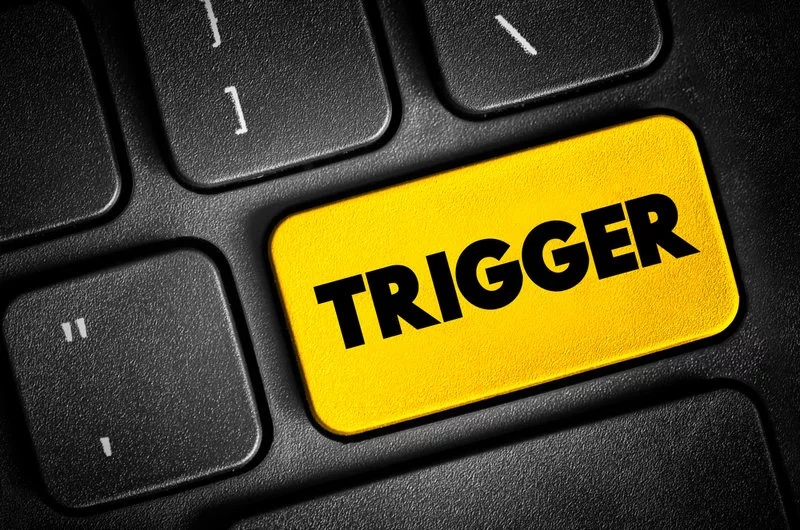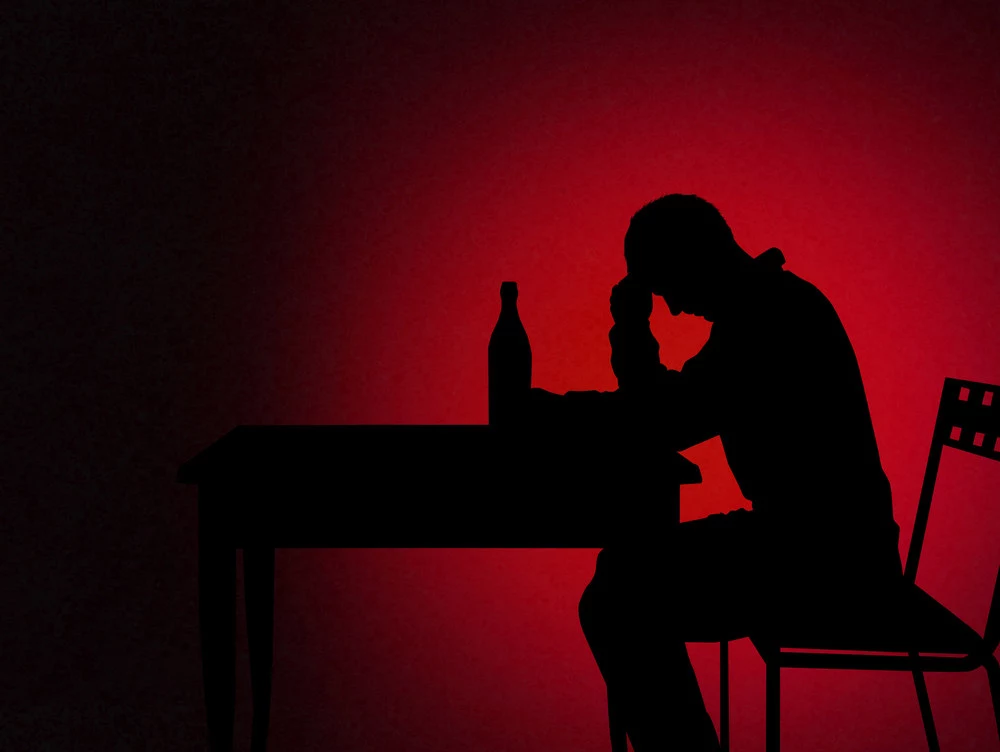Addiction is a complex disease that can be triggered by a variety of factors. Identifying these triggers can be challenging, but it is essential to successful recovery. Common addiction triggers include stress, depression, anxiety, trauma, and certain social situations. Understanding these triggers and developing healthy coping strategies is crucial for those struggling with addiction.

What are Addiction Triggers?
While many people may believe that a person can “just say no” to their addictions, unfortunately, there are often certain events or circumstances, also known as addiction triggers, that might lead a person to restart their addictions, even if they are trying to quit.
An addiction trigger is any event that brings back thoughts, feelings, memories, or desires of addiction. Addiction triggers can be involved in any type of addiction, be it substance use, gambling, drinking, food, or shopping.
It’s important to understand your individual addiction triggers and develop healthy coping strategies against them because knowing what events bring up addictive behavior can help you counteract those impulses at the source and avoid possible relapse.
There are many ways for individuals to identify their addiction triggers:
- Journaling and self-reflection
- Maintaining a trigger diary
- Identifying high-risk situations
- Seeking a professional assessment
What are Common Addiction Triggers?
There are several common addiction triggers. While you may not be triggered by every one of the following events, this list may help you identify one or more triggering events for your addiction or encourage you to think of other circumstances that may be addiction triggers for you.
The main categories of addiction triggers fall under the following categories: Environmental triggers, Emotional triggers, and Physical triggers.
Environmental Triggers
Environmental triggers are external factors including other people, places, events, and emotions which may lead to a relapse in recovery.
Some examples of environmental triggers in addiction are:
- Being in specific locations (bars, locations of past use, etc.)
- Spending time with other people who use drugs or alcohol.
- Celebrating special occasions like vacations, anniversaries, birthdays, holidays, etc.
- Seeing substance use or substance-related marketing on TV or social media.
Coping with Environmental Addiction Triggers
The best way to avoid environmental addiction triggers is to be aware of which specific locations incentivize you toward your addiction. After listing these locations, events, and people, which trigger your addictive behavior, be aware of your surroundings and the people around you when going out. If you know that certain people in your life may lead to relapse, know that it is okay to limit your contact with them to preserve your sobriety.
It may also be helpful for you to carve time out for yourself with new activities like exercise, meditation, or reading, which can help reduce negative emotions and stress and replace routine addiction triggers.

Emotional Triggers
Certain emotions may also trigger addictive behaviors. Emotional states that may lead to relapse in recovery are known as emotional triggers.
Some examples of emotional triggers in addiction are:
- Feeling stressed from work/school/relationships
- Feeling lonely or isolated
- Facing rejection or criticism
- Feeling overwhelmed by activities and responsibilities.
- Feeling powerless or guilty
- Experiencing strong emotions of anger, joy, worry, fear, or frustration
Coping with Emotional Addiction Triggers
When dealing with emotional addiction triggers, it’s important to practice self-care by building a solid support system with friends and family that understand your recovery journey. You may also want to seek weekly appointments with a therapist, during which time you can discuss any challenges you are facing and develop practical coping skills.
Finally, engaging in healthy activities like exercise and meditation, which can reduce stress and regulate emotions, might also be helpful in reducing the effects of emotional addiction triggers.
Physical Triggers
In addition to emotional triggers, a person may also experience physical triggers, or bodily experiences, that may trigger a relapse.
Some examples of physical triggers in addiction are:
- Chronic pain
- Chronic illness
- Not maintaining healthy eating and sleeping routines
- Having too much idle time without meaningful activities
Coping with Physical Addiction Triggers
Physical addiction triggers may be more difficult than other addiction triggers to overcome, as this genre of triggers is central to the body, and in cases such as chronic pain, it may be difficult to be prescribed certain painkillers given your previous addiction.
Though coping with these triggers may be especially difficult, key strategies like creating a new routine that does not involve substance use, or staying busy with new hobbies like reading, writing, exercising, or going for a walk are all good alternatives to fill free time and possibly distract from certain chronic pain or illness.
In cases where the pain or illness is more extreme, however, you should reach out to a therapist and a medical professional to determine other strategies for reducing bodily pain which won’t trigger a relapse into addiction.

Dealing with Addiction Triggers
You don’t have to deal with the pressures of addiction recovery alone. While addiction triggers, by nature, push someone towards their addiction, staying aware of your addiction triggers and using coping strategies against them is a major way to reduce the impact of addiction triggers on your recovery journey.
While in recovery, you should stay aware of all your addiction triggers. Take some time to meditate, journal, or consult a trusted friend or relative about what circumstances, places, people, emotional states, or habits may be triggering for you.
After identifying your triggers, use the strategies above for coping with environmental, emotional, and physical triggers and come up with a plan with family or a trusted professional to minimize the effect of these addiction triggers on your recovery.
Addiction triggers lessen with time as you move away from addictive behaviors, and eventually, you may notice that situations that were once addiction triggers no longer affect you at all. Taking control of your addiction triggers and seeking the support of family, friends, and experts is the best way to position yourself towards recovery.
